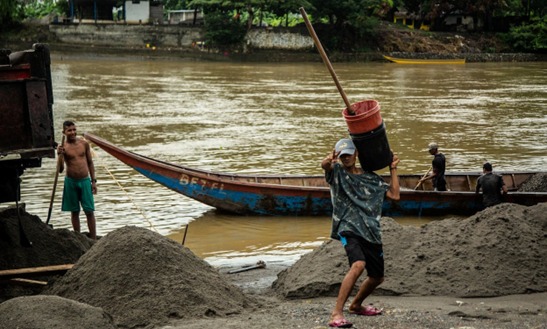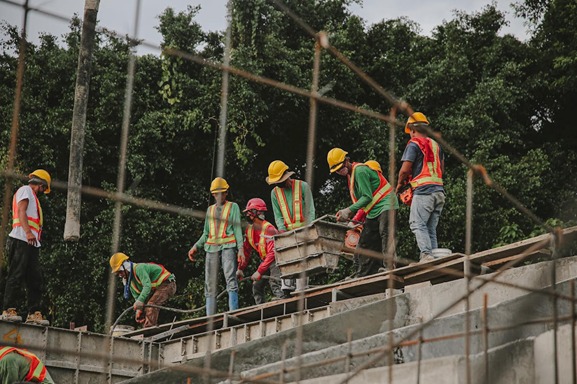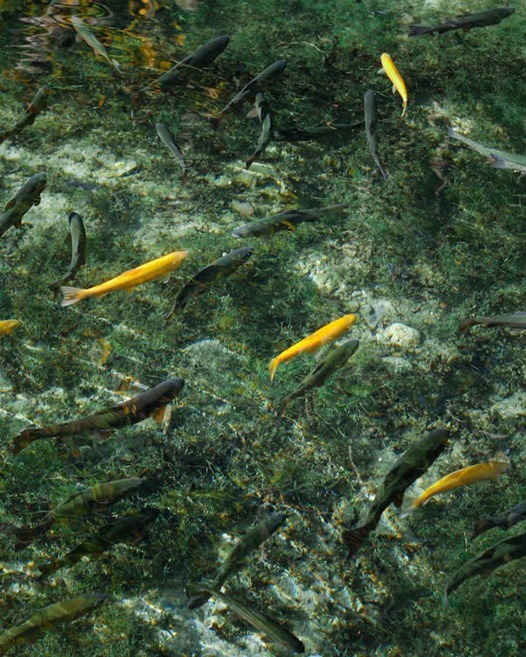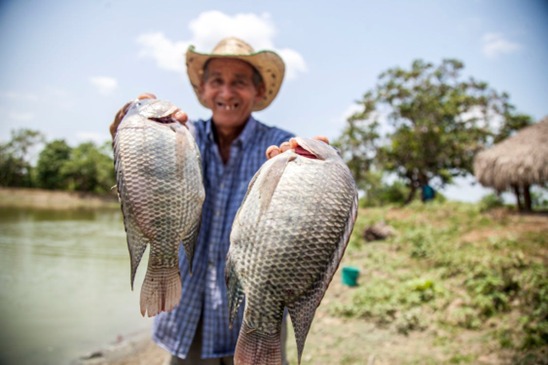SUMMARY
This study analyzes the social and environmental problems that the Zenú de Cotorra indigenous community, located near the Sinú River, will face due to the construction of a mini hydroelectric dam 30 km from their territory. This project will have serious consequences for the river’s ecosystem and the food security of the 300 Zenú families, who depend heavily on fishing for their livelihoods.
The construction of the mini-dam will directly affect the population of key fish, such as catfish and salmon, by altering natural breeding cycles and aquatic habitats. Reducing these species will not only decrease the river’s biodiversity, but also exacerbate food insecurity in the community. Zenú families consume fish on a daily basis, and the decrease in this protein source will severely compromise their diet, increasing the risk of malnutrition.
In addition, fishing is one of the main economic activities in the region. The reduction in the fish population will directly affect local fishermen, including those from the Zenú community, who will see their economic opportunities diminished. The loss of income will exacerbate poverty and increase social vulnerability in a community already facing challenges related to a lack of resources and opportunities.
This analysis highlights the need to conduct a thorough environmental impact study before proceeding with the construction of the mini-dam. Alternatives that minimize ecological and social damage should be considered, as well as mitigation strategies that guarantee the protection of the natural resources on which the Zenú community depends. Otherwise, the consequences will be devastating for their food, economic and environmental security.
KEY WORDS: Zenú indigenous community, Mini hydroelectric dam, Food security, Environmental impact.




